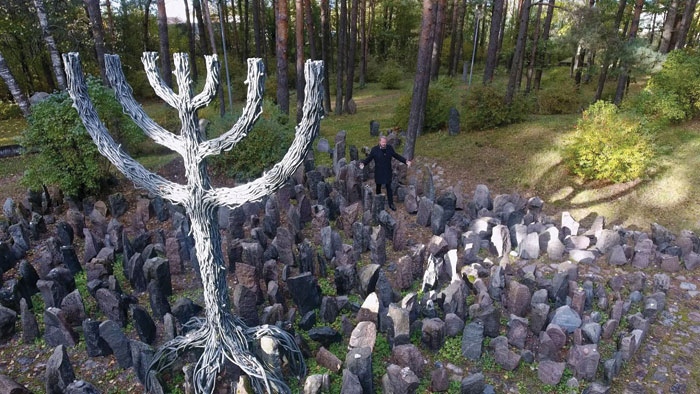 “Baltic Truth”
“Baltic Truth” Seventy-eight years after the Holocaust, two new documentaries seek for the first time to shine a light on the Lithuanian government’s role in the slaughtering of Jews.
Neither “J’Accuse” nor “Baltic Truth” formally has been released, however “J’Accuse” will be screened at Temple Ramat Zion in Northridge on January 8. The documentaries have earned awards at more than two-dozen film festivals internationally.
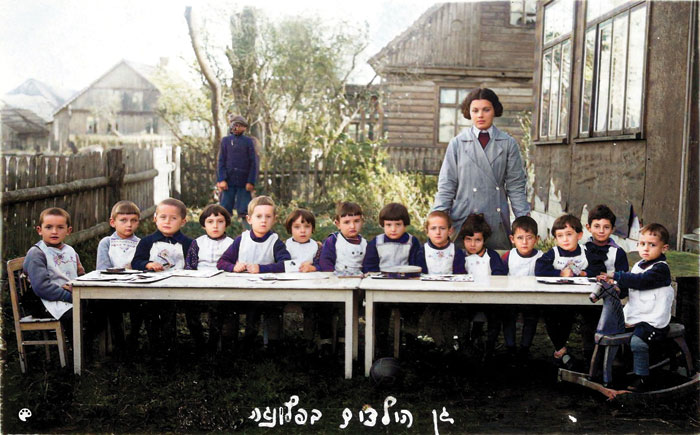
The City Council of West Hollywood will meet January 23 and vote whether to commemorate Holocaust Remembrance Day. If they agree, a date will be named to show “Baltic Truth” in Council Chambers.
Grant Gochin, the honorary consul for the Republic of Togo and vice dean of the Los Angeles Consular Corps, has dedicated the last 33 years to publicly condemning Lithuania’s central Holocaust role in the Baltic region, making the exposure of this crime by Lithuania the primary focus of his life.
Since the early 1990s, Gochin has filed more than 24 lawsuits against the Lithuanian government, all of which have been rejected. “I ask for no assistance,” Gochin said. “I do not expect to succeed. Others did not, and neither will I.”
He called Lithuania’s “lack of shame and ongoing glorification of the murderers just excruciating. It is murdering the victims a second time.”
While all three Baltic countries killed their Jews during the Holocaust, Gochin says degrees of guilt varied widely. “It was Nazis and just a few Estonians who killed about 1,000 Jews in Estonia,” he said. “It was Nazis and quite a few Latvians who killed about 80,000 Jews in Latvia. In Lithuania, they started murdering Jews before the Nazis presented the idea.”
“Baltic Truth,” narrated by Israeli singer Dudu Fisher, is equally about Latvia and Lithuania, while “J’Accuse” is exclusively about Lithuania. Gochin said the former focuses on “Holocaust revisionism by Latvia and Holocaust inversion by Lithuania.”
“J’Accuse” features alternating commentary by Gochin and Silvia Foti, granddaughter of the chief Nazi officer in Lithuania. This Chicago-born Christian woman grew up believing that her grandfather, Jonas Noreika, was a wartime hero, according to her mother and grandmother.
Foti promised her mother on her deathbed she would write a book about her grandfather. Shockingly, though, her research uncovered the Nazi ugliness and guilt of her revered grandfather.
Now Gochin calls Foti, who was honored last spring by the City of Beverly Hills, “probably the leading voice in the world against Holocaust revisionism.”
The weekly South African Jewish Report delivered one of the first reviews of “J’Accuse”:
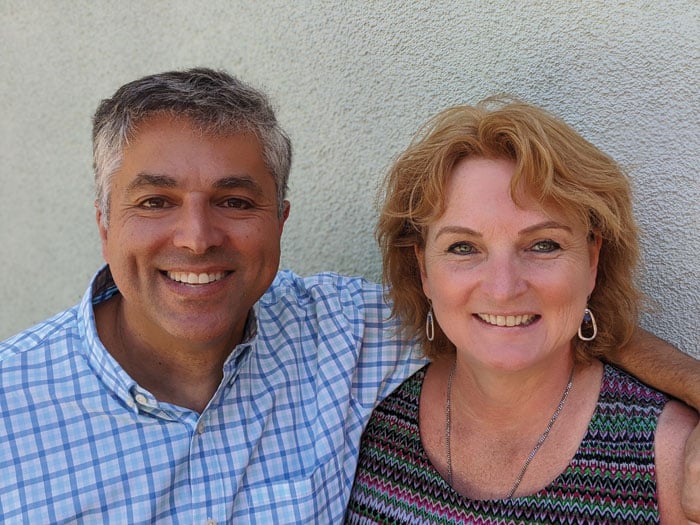
“When thinking about the Holocaust in Lithuania, some of us can only think about the horror from a distance or in small doses. But [“J’accuse” director] Michael Kretzmer has made it his duty to look up close in a new documentary that exposes the depravity of the killing, and questions Lithuania’s Holocaust denial.”
Gochin and Kretzmer met by a remarkable coincidence that led to his and Foti’s co-starring roles. “One of my shtetls of origin was Birzai in Lithuania,” said Gochin. “After Kretzmer made a documentary about Birzai, I watched it online, and I disagreed with some of his data. So I contacted him on Facebook.
“My fight with the Lithuanian government has been public — and Michael had seen it. His awareness of how he had been deceived became outrage. Michael asked if he could make a documentary about it. Silvia and I agreed. It is his documentary entirely. We had no control or input.”
Kretzmer explained to his South African audience that his passion for learning about the past was sparked in 2019. “I went to Lithuania for the first time,” he said, “to say Kaddish at the unveiling of a monument naming the victims of the Birzai slaughter.
“So thorough was the killing that our experts were able to name only 550 of the 2,400 Jews who were mercilessly murdered on that day. Of that number, scores were Kretzmers.
“Since then, I have felt it my duty to tell the story of what happened then, and what’s happening in Lithuania today.”
Since studying the trends and history of the Baltic countries is not a priority of schools in the Western world, it was scarcely surprising to hear a frank observation from Jaak Treiman, the Estonian Honorary Consul in Los Angeles. “Our problem is many people lob all of the Baltic countries together,” he told the Journal, noting there are importance distinctions.
While the populations of Estonia and Latvia, then and now, are similar, the Jewish outcomes in Latvia were notably harsher in the Holocaust years.
At least half of Estonia’s 4,500 Jews fled when the Soviet Union invaded the country in 1940, and eight decades later the Jewish community remains tiny. With pride, Treiman said that, “relations are good between Jews and non-Jews today in Estonia.”
As a new year begins, descendants of Lithuanian Holocaust victims hope that Gochin’s most enduring plea finally will be heeded.
“All I am asking them to do is tell the truth.” – Grant Gochin
He said, “All I am asking them to do is tell the truth.”







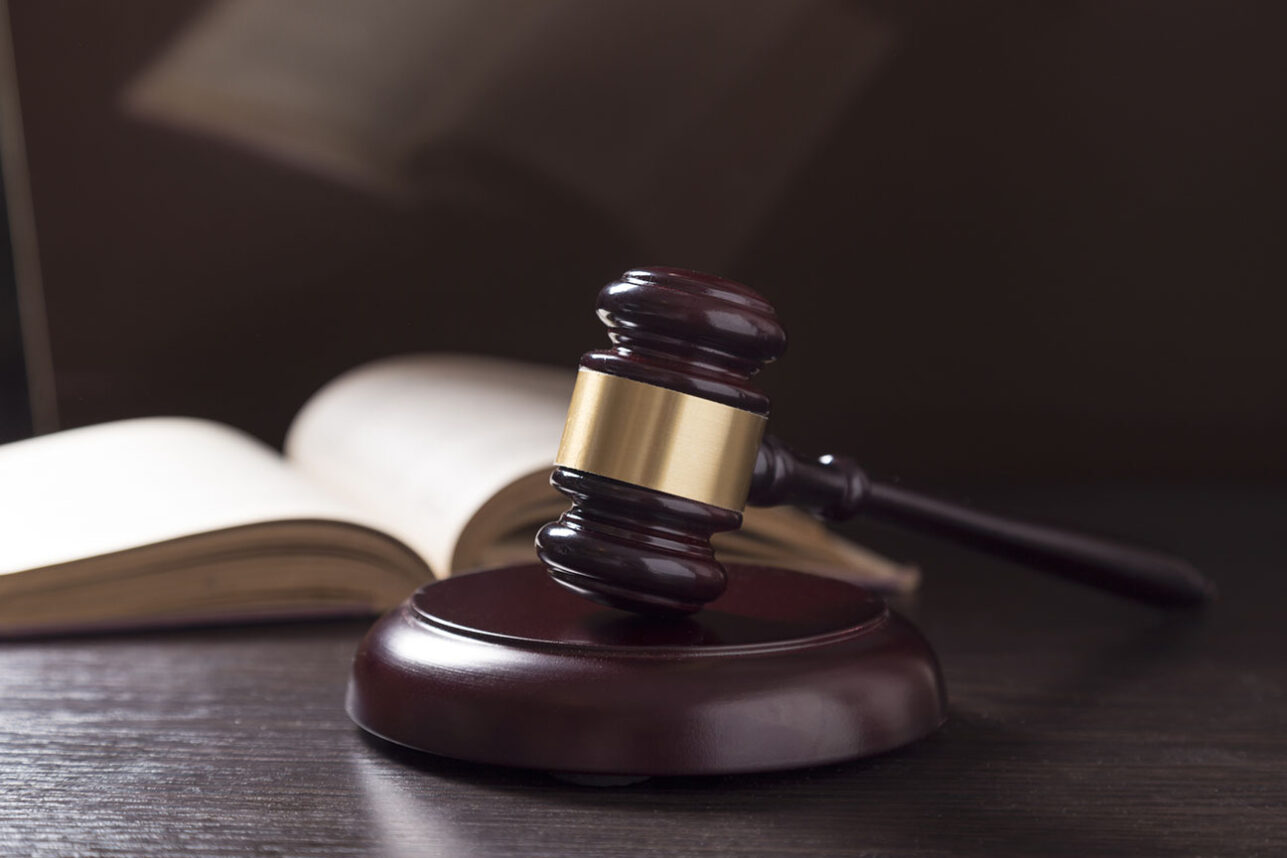
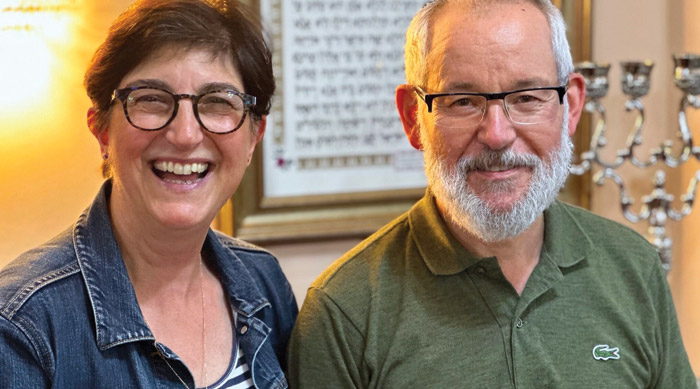
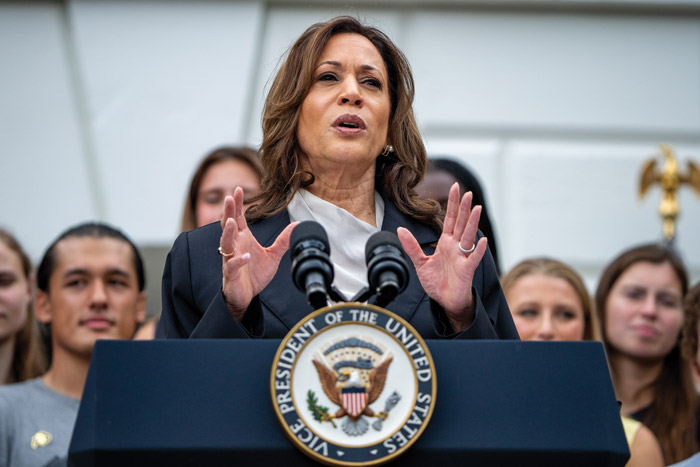
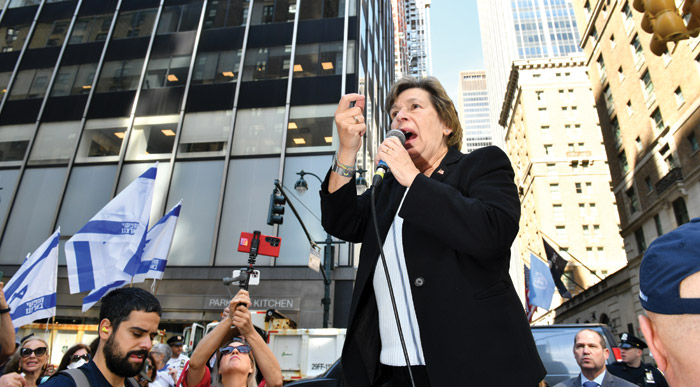
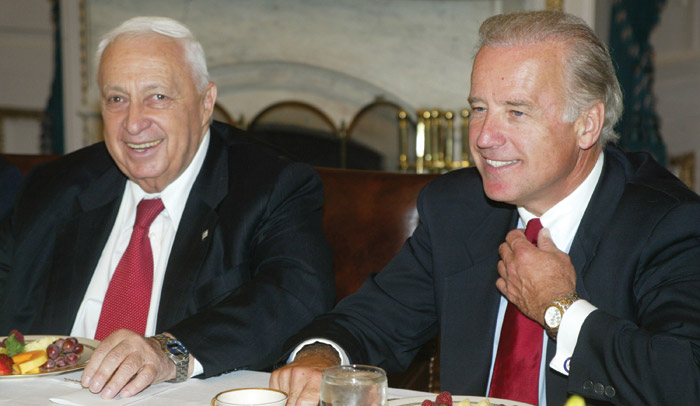
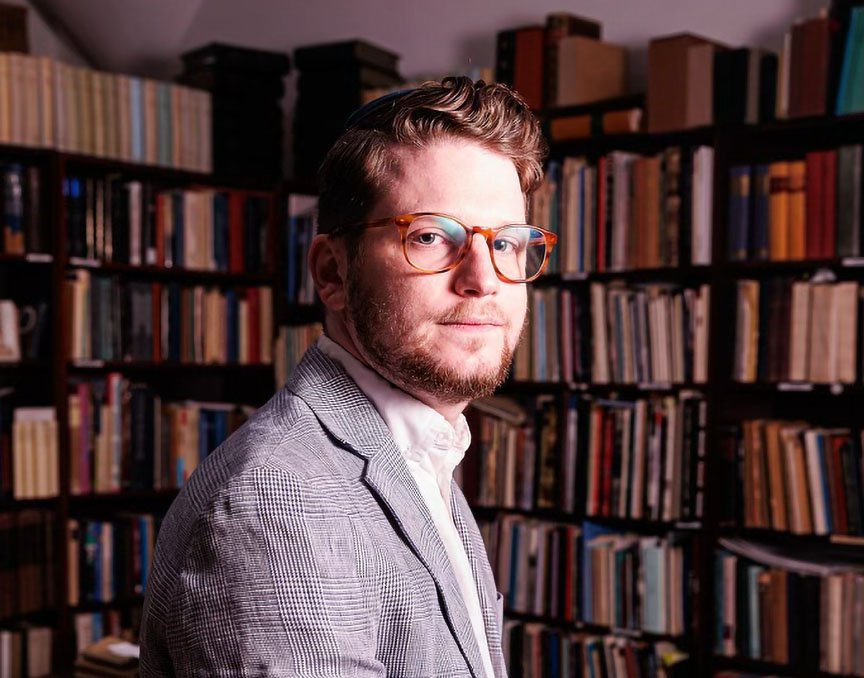

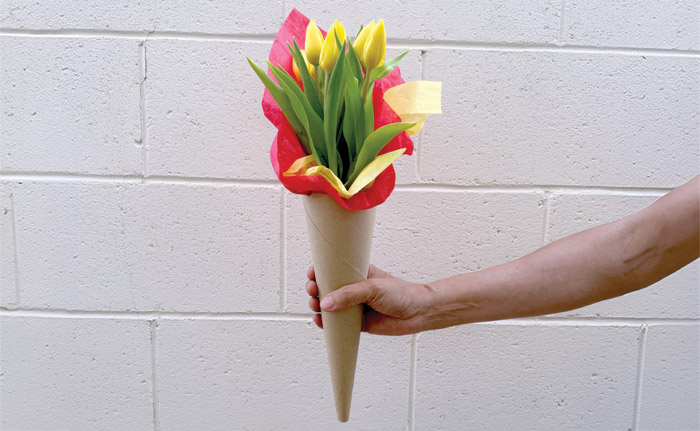
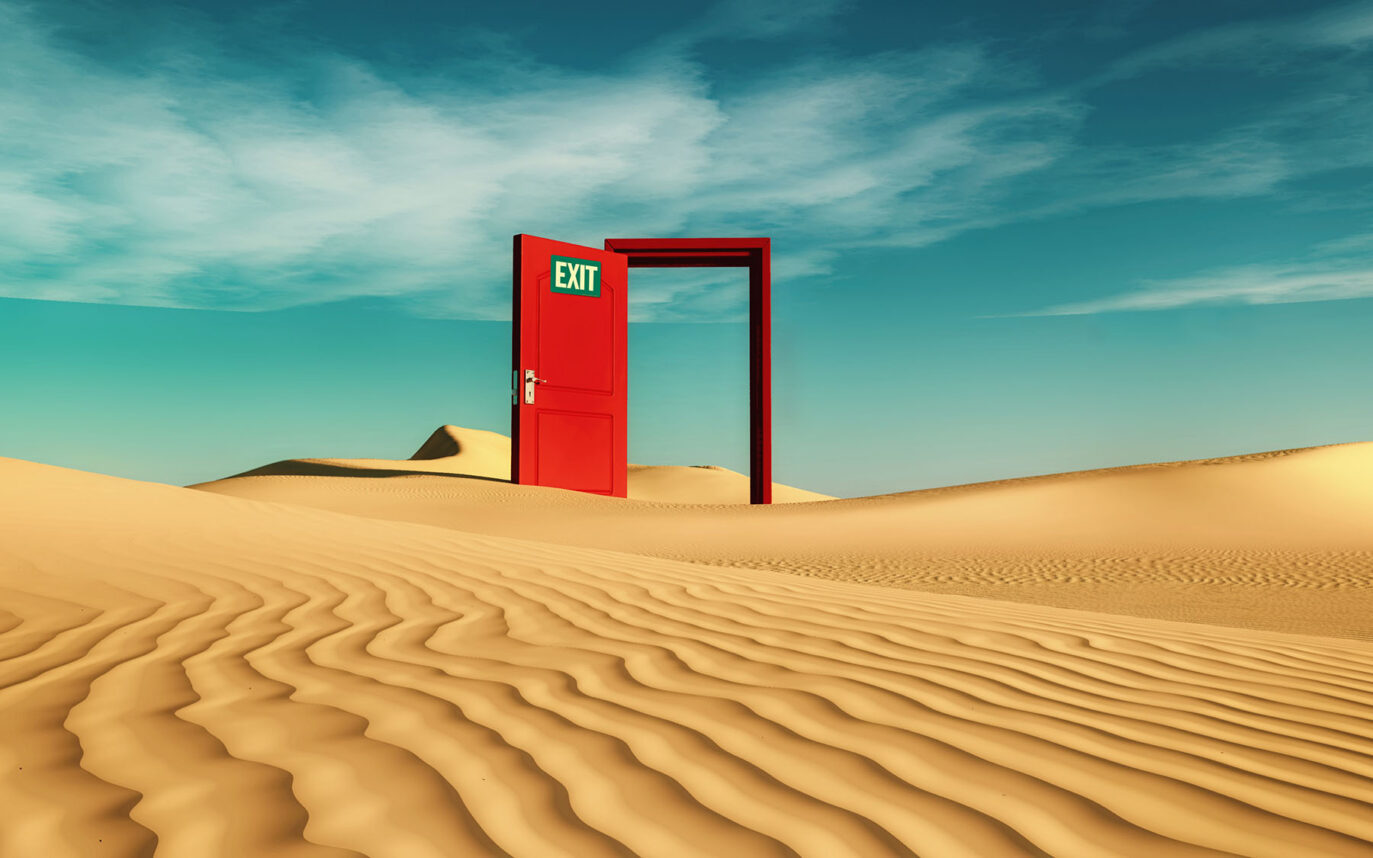
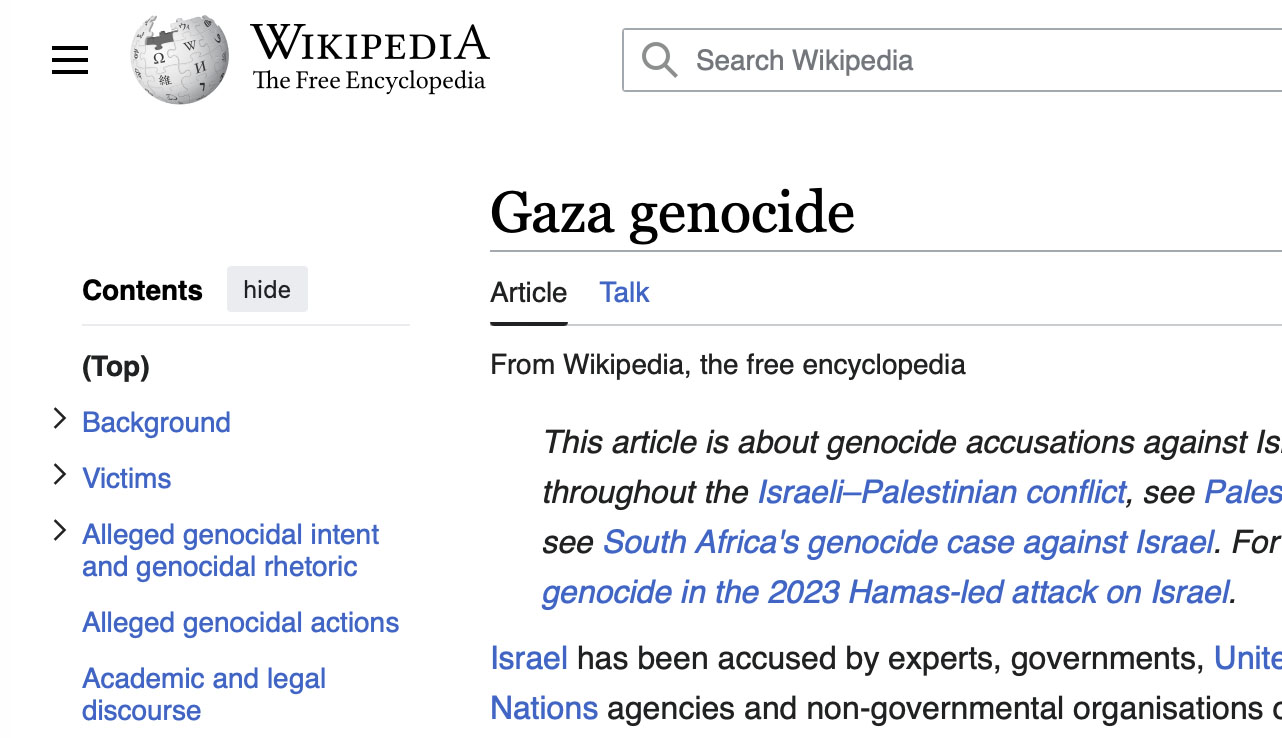



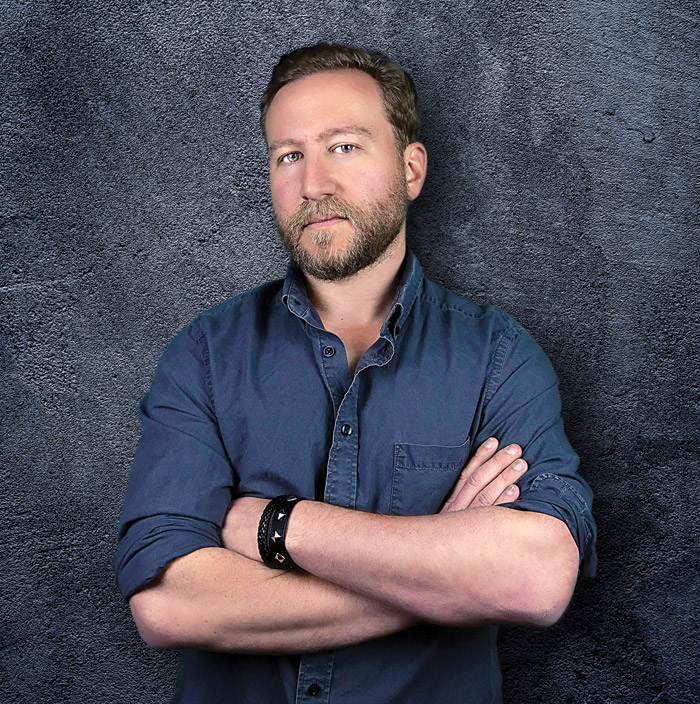

 More news and opinions than at a Shabbat dinner, right in your inbox.
More news and opinions than at a Shabbat dinner, right in your inbox.